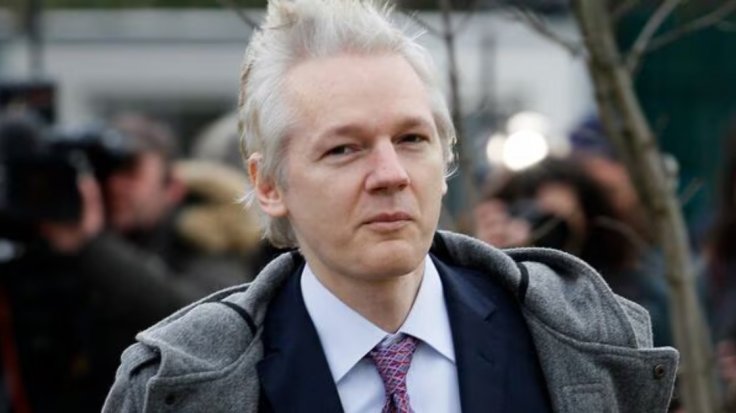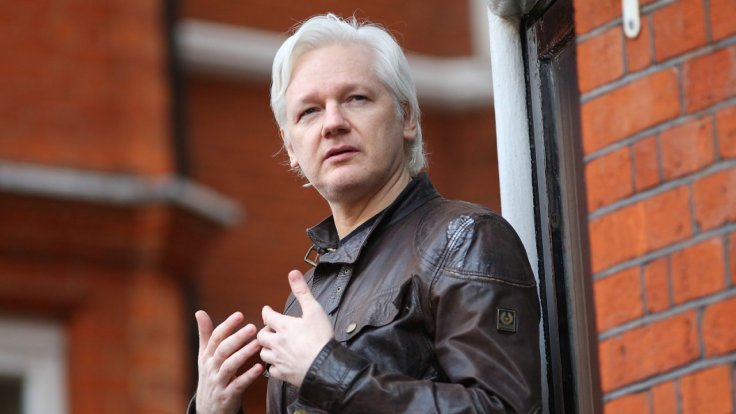Julian Assange has been released from court and will soon return to Australia after pleading guilty to one espionage charge, ending a remarkable legal saga. The WikiLeaks founder was released without probation after a hearing in a US federal court in Saipan. Assange had flown to Saipan from London.
However, he is permanently banned from entering the US without permission from American authorities. A plea deal with the American prosecutors allowed him to return home without fear of arrest after 14 years as a wanted criminal suspect. Assange had been wanted for espionage since 2010, following WikiLeaks' release of classified US military documents, and for unrelated rape charges in Sweden.
Finally Free and No Fear of Arrest

During the three-hour hearing, Assange admitted to one criminal charge of conspiring to obtain and disclose classified US national defense documents but said that he believed his actions were protected by the US First Amendment, which safeguards free speech.
"Working as a journalist I encouraged my source to provide information that was said to be classified in order to publish that information," he told the court. "I believed the first amendment protected that activity but I accept that it was ... a violation of the espionage statute."
On Wednesday morning, Assange entered his plea in a federal court in Saipan, the capital of the Northern Mariana Islands, a US Pacific commonwealth. He selected Saipan for its closeness to Australia.
Assange arrived at the court with the Australian ambassador to the US, Kevin Rudd, and the Australian high commissioner to the UK, Stephen Smith. He was met by a large group of both international and local media.
Assange sought refuge in the Ecuadorian embassy in London in June 2012 after losing his appeal against extradition to Sweden. He remained there for seven years until he was expelled and subsequently locked up in a high-security prison in April 2019.
Moments Before Getting Free

Chief US District Judge Ramona V. Manglona accepted Assange's guilty plea and released him without supervision, crediting him for the time already served in Belmont Prison in London.
Closing the hearing, she said "With this pronouncement it appears you will be able to walk out of this courtroom a free man. I hope there will be some peace restored."
Outside the courthouse, Assange's lawyer Jennifer Robinson thanked Australian Prime Minister Anthony Albanese for his efforts in securing Assange's release.
According to flight logs, Assange is scheduled to depart Saipan shortly after noon local time. He will then travel to Canberra, where he will reunite with his family, according to WikiLeaks.
The hearing marks the end of the US government's extensive pursuit of the publisher, who has been projected both as a champion of press freedom and as a careless criminal for revealing hundreds of thousands of sensitive military documents.
He has been celebrated by many worldwide as a hero for exposing US military misconduct in Iraq and Afghanistan, while others, including multiple US administrations, argue that his disclosure of classified documents endangered lives.
The sudden ending allows both parties to declare some level of achievement, with the Justice Department able to settle a complex case without a trial. The case involved intricate legal questions and may never have gone before a jury, given the slow progress of the extradition proceedings.









